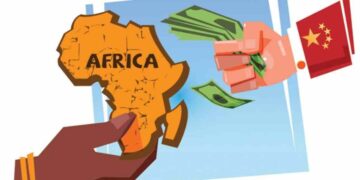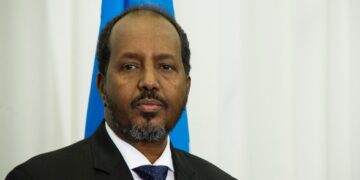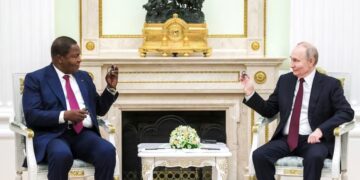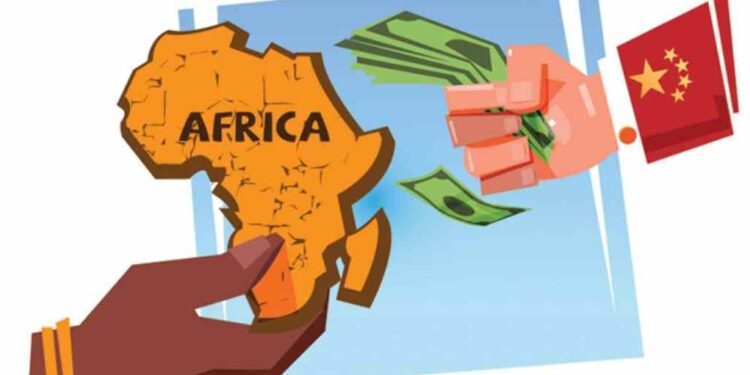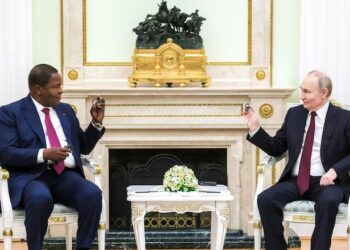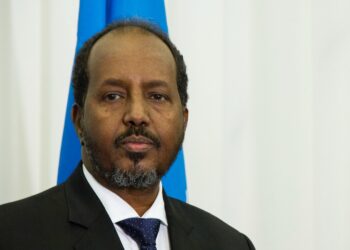By John Ikani
Indonesia recently organized a meeting of African leaders in Bali to improve economic and trade relationships.
However, several African countries were absent, as their leaders chose to participate in a different forum in China.
The Indonesia-Africa Forum was seen as a chance for Southeast Asia’s largest nation to boost trade ties with Africa and discover new export opportunities, but the three-day event struggled to attract a substantial number of African countries.
Despite the lower attendance, the Indonesian forum achieved significant discussions and outcomes, noted Christophe Dorigne-Thomson, a foreign affairs expert in Jakarta.
“Symbolically, however, the choice was clearly made for China,” he added.
Delegates from 29 nations attended the summit on the resort island of Bali, considerably less than the 47 African countries represented at the first forum in 2018.
Indonesia remains optimistic, aiming to secure $3.5 billion in business deals from the summit, almost six times the amount generated in agreements during the initial forum six years ago.
Dewi Fortuna Anwar, a senior researcher at Indonesia’s National Research and Innovation Agency, monitored the summit’s deals.
“There appear to be several concrete… letters of intent, such as Indonesia’s aircraft industry signing deals with multiple countries, and the oil companies also signing deals,” Anwar commented.
Even though some leaders opted for Beijing over Bali, a strong sense of cooperation between Indonesia and the African continent persists.
Their relationship dates back to 1955 when the first Asian-Africa conference took place in the Indonesian city of Bandung.
Elina Noor, a senior fellow at the Carnegie Endowment for International Peace, believes Indonesia can utilize this history to its advantage.
“Jakarta can highlight its history and a legacy of relationships stretching back to the Bandung conference. Indonesia has actively sought to leverage that historical relationship,” Noor remarked.
Business was a primary focus at the Bali forum, but politics also played a role.
President Joko Widodo has aimed to elevate Indonesia’s international status, promoting his country as a voice of the Global South. He is also keeping his country’s options open amidst the U.S.-China tensions, according to Dorigne-Thomson.
“It’s a way for Indonesia to find a new path and not be caught in that geopolitical tension,” he said. “For them, Africa is… a new way to serve their interests.”
